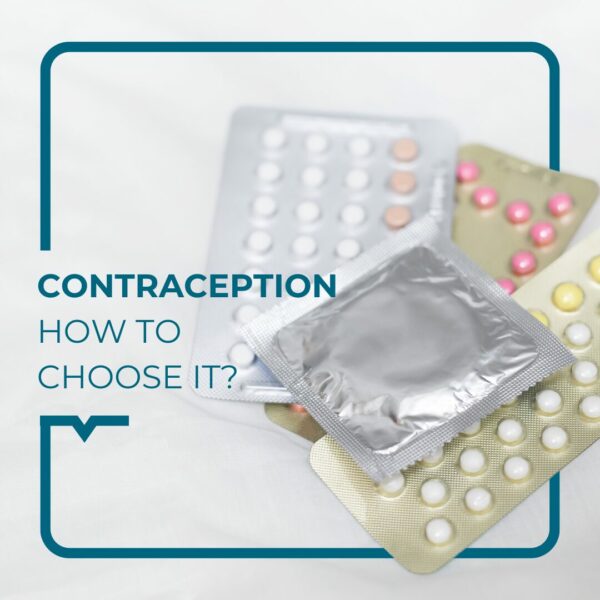Mélodie has been eating vegetarian for the past 2 years. However, for some time now she has been feeling more tired than usual and she is regularly ill. She realises that she may be suffering from deficiencies because of her diet and that she would do better to consult a health professional to review the basics of a vegetarian diet without any deficiencies.
Hello, this is Dr Joy.
Below we examine the principles of vegetarian and vegan diets, as well as their nutritional benefits and potential risks in terms of deficiencies.
Let’s go!
What is a vegan and vegetarian diet ?
Vegan and vegetarian food is gaining popularity around the world because of its many health, ethical and environmental benefits. The vegan and vegetarian diet is characterised by the exclusion of meat, dairy products and eggs from the diet. However, there are key differences between these two regimes:
1. The vegetarian diet mainly excludes meat and fish. Vegetarians adopt this diet for a variety of reasons, including health, ethics and the environment.
2. The vegan diet completely excludes animal products, including dairy products, eggs, honey and any other animal ingredients. Vegans choose this lifestyle mainly for ethical reasons, avoiding animal exploitation and reducing their carbon footprint.
The nutritional benefits of a vegan and vegetarian diet
- Rich in essential nutrients : Vegan and vegetarian diets are generally rich in fibre, vitamins, minerals, and antioxidants, from fruit, vegetables, pulses, nuts and seeds. These foods provide a wide range of essential nutrients for optimal health.
- Reduced risk of chronic diseases : Studies have shown that vegan and vegetarian diets are associated with a reduced risk of chronic diseases such as heart disease, type 2 diabetes, high blood pressure and certain types of cancer. Reducing the consumption of saturated fats and cholesterol plays a key role in these health benefits.
- Weight control : Plant-based diets are usually lower in calories, which can help maintain a healthy weight. The high fibre content promotes satiety, reducing excessive consumption of calories. But I’m not sure, because carbohydrate consumption is high. In addition, many products labelled as organic or vegan, etc., contain markers of ultra-processing that are harmful to health, including many sugars with barbaric names).
- Better cholesterol and blood pressure control : Vegan and vegetarian diets tend to be lower in saturated fats, which can help reduce blood cholesterol levels and maintain healthy blood pressure.
Potential risks in terms of disabilities
Although vegan and vegetarian diets offer many benefits, they also present risks of nutritional deficiencies. Here are some aspects to bear in mind :
- Vitamin B12 deficiency : Vitamin B12 is essential for nerve health and the formation of red blood cells. Vegans are at particular risk of vitamin B12 deficiency, as this vitamin is present mainly in animal products such as meat, fish, dairy products, eggs, etc. It is essential to take supplements or foods fortified with vitamin B12.
- Iron deficiency : Heme iron (found in meat) is better absorbed than non-heme iron (from plants). Vegans and vegetarians should make sure they consume enough iron, such as legumes, nuts, and seeds, favouring its absorption by combining these foods with vitamin C. Regular blood tests can also be recommended.
- Calcium deficiency : Since dairy products are excluded from the vegan diet, it is important to consume sources of calcium, such as tahini, green leafy vegetables, and calcium-fortified vegetable drinks. In addition, physical activity helps to retain calcium. It’s also important to ensure the correct amount of vitamin D to help fix calcium in the bones.
- Protein deficiency : It is essential to eat a variety of plant foods rich in protein, such as vegetables, tofu, nuts, and seeds, in order to fulfil your protein requirements.
- Omega-3 deficiency : There is also a risk of long-chain omega-3 (DHA) deficiency that requires supplementation to avoid it.
Vegan and vegetarian diets offer many nutritional and ethical advantages. However, to avoid deficiencies, it is essential to follow a balanced dietary programme, ensuring that you are getting all the essential nutrients. If you are considering becoming vegan or vegetarian, it is advisable to consult a health professional or nutritionist to ensure that your specific nutritional needs are respected. By adopting a considered approach, you can reap all the benefits of these diets while maintaining perfect health.
Sources :
Passeport Santé – https://www.passeportsante.net/fr/Nutrition/Regimes/Fiche.aspx?doc=regime-vegetalien_nu
Phytonut – https://www.phytonut.com/blog/carence-vegetariens-vegans/
This information is not a substitute for medical advice.
You must seek the advice of your doctor or another qualified health professional with any questions you may have regarding your health condition.



